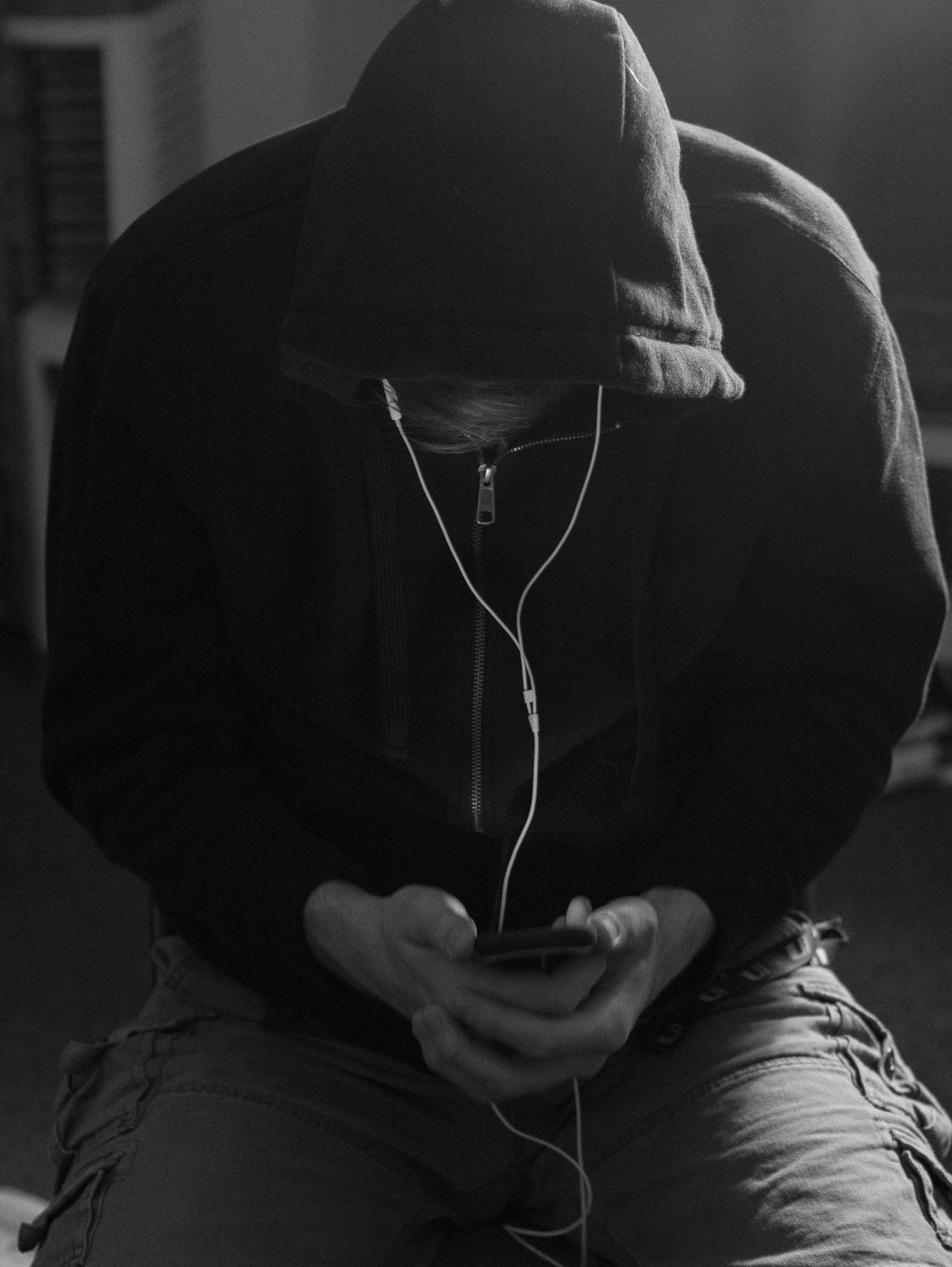My life with music and mental disorders
To put it lightly, mental disorders are no fun.
I cite my initial issues with anxiety and depression from my 2009 fall semester as an acting major at College of Southern Idaho. I was introduced to lots of great music during that time, but I now struggle to listen to those artists because they tend to bring back feelings of loneliness and confusion.
As I write this sentence, I’m listening to The Velvet Underground’s “Candy Says,” and I can feel my stomach start to crumble. Mind you, the song is super depressing and was written by a man who struggled with suicidal depression. This makes me wonder: Do we learn to love depressing music because we’re depressed? Or does depressive music cause us to feel depressed?
I remember talking with a psychiatric counselor in November 2010. Noticing she was taking notes, I asked her what she wrote. Her answer pissed me off. I just spilled my soul to this woman for an hour and all she wrote was I liked Nirvana.
A 2011 University of Pittsburgh School of Medicine study says teenagers who prefer music over media like TV and books have an 80 percent higher risk of depression. Health.com ranks arts entertainers as the fifth most likely profession group to suffer from depression. I listen to tons of music and never watch TV. I spent my teen years acting and playing guitar. Statistically, my teen years made for the perfect depression storm. For all of us folks with mental disorders out there, how much control do we have over this?
I suppose listening to sad music doesn’t help when you already feed yourself negative thoughts. At the same time, it’s music you can actually relate to. I’m pretty sure things just get bad when you tattoo yourself to the negative principles instead of learning from them and desiring to change. I love the robotic sorrow of Radiohead’s “Fitter Happier.” But it’s not like I pledge allegiance to it.
I can’t help but admit that most of my favorite music is written by people with mental disorders. Then again, some of the worst music ever is written by people with mental disorders. What we listen to doesn’t make us who we are — it’s how we interpret it. People who like Brad Paisley can experience the same despair as people who worship Nirvana. Say what you will about the music, but it will only depress you if you allow it to.
Not letting music drag you down is harder than it sounds. For example, Nick Drake’s “Pink Moon” and Built to Spill’s “Perfect from Now On” were soundtracks to the depressed era of my life. I now have to fight my self-inflicting instincts when I revisit these albums. “Pink Moon” is nihilist in nature, but it can also be looked at as a meekly beautiful 28 minutes of your day. “Perfect from Now On” may be a narrative of the anxiety schema, but it’s also a sonically, musically adventurous listen. Both in life and in music, I’ve traded focusing on the negative into celebrating the positive.
Struggling with your mental health is one of the hardest things a person can go through. However, there are more people out there dealing with clinical disorders than you might think. We’re all here to help each other through it. Whether it’s someone going through bipolar mood swings or someone simply having a bad day, they could use our help. All music is made by people. Therefore, music can help.
— Scott E. Hall is a stage management major at USU. He plays guitar and tells corny dad jokes. The only Nirvana album he owns is “In Utero.”

